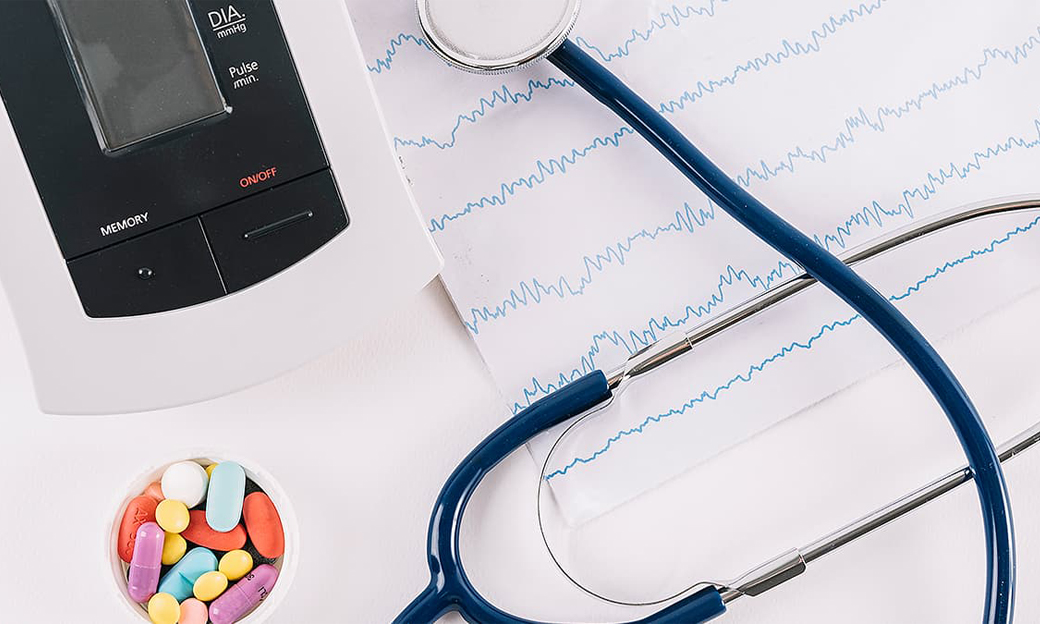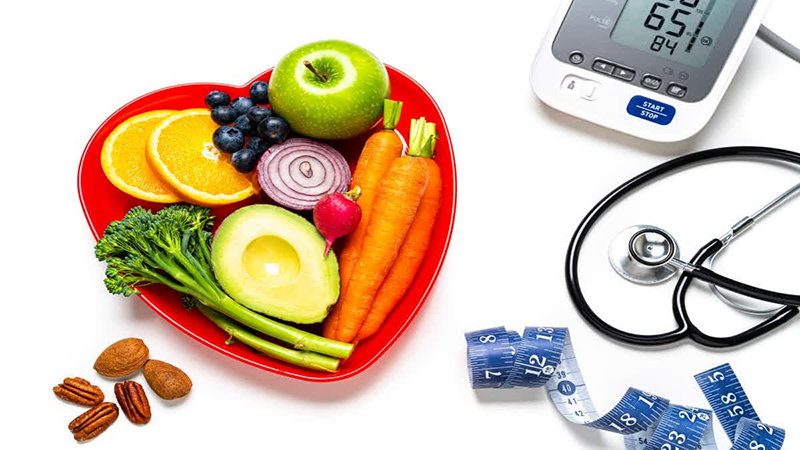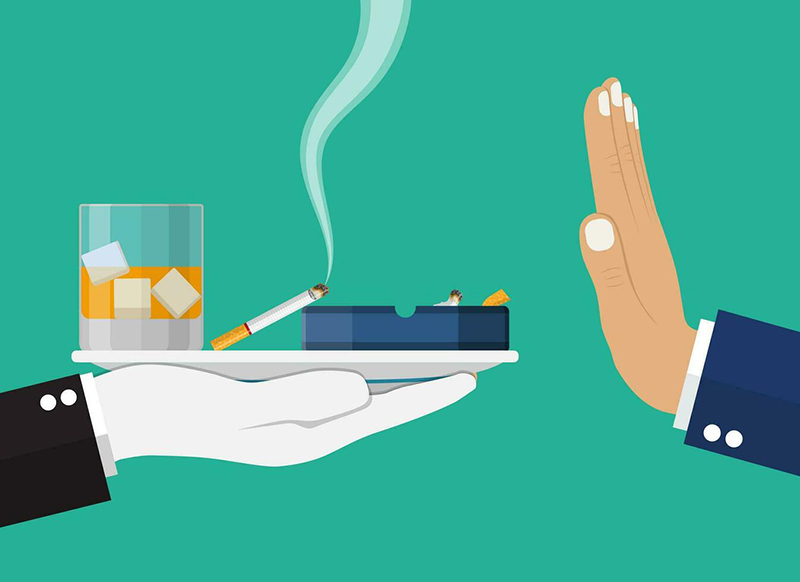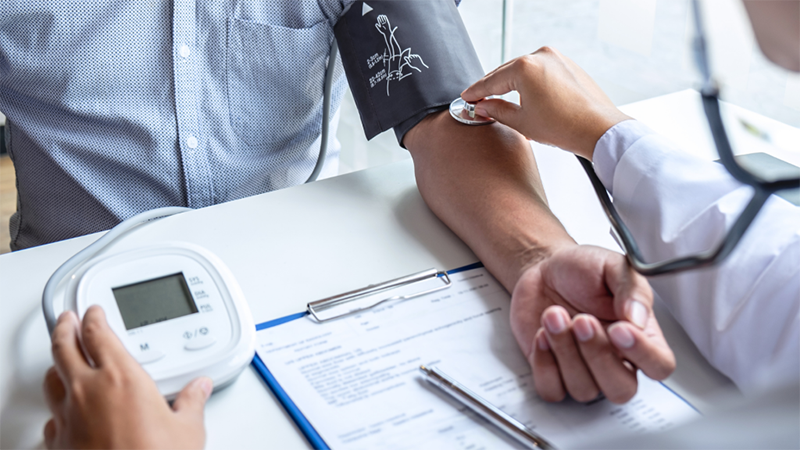
High blood pressure, or hypertension, is a serious health condition that increases the risk of heart disease, stroke, and kidney problems. While medications can help, lifestyle changes are one of the most effective ways to manage blood pressure and improve overall well-being. Below are ten detailed strategies to naturally lower high blood pressure without relying on medication.
1. Maintain a Healthy Weight and Keep Your Waistline in Check
Carrying excess weight increases strain on the heart and leads to higher blood pressure. Even losing a small percentage of body weight—such as 5 to 10%—can have a significant impact on lowering blood pressure. In addition to overall weight loss, it’s essential to watch your waistline. Fat accumulation around the abdomen, known as visceral fat, is closely linked to hypertension. For men, a waist circumference above 40 inches (102 cm), and for women, above 35 inches (89 cm), may indicate a higher risk of high blood pressure.
2. Stay Active with Regular Physical Exercise
Regular exercise strengthens the heart, helping it pump blood more efficiently, which reduces the pressure on arteries. Engaging in at least 150 minutes of moderate-intensity aerobic activity per week—such as brisk walking, swimming, cycling, or dancing—can significantly lower blood pressure. Strength training exercises, such as lifting weights or doing bodyweight exercises, also contribute to better cardiovascular health. If you have a sedentary lifestyle, start by incorporating small activities like using the stairs instead of the elevator or taking short walks throughout the day.
3. Adopt a Heart-Healthy Eating Plan
Your diet plays a crucial role in blood pressure control. The DASH (Dietary Approaches to Stop Hypertension) diet is particularly effective in lowering blood pressure. This eating plan emphasizes consuming fruits, vegetables, whole grains, lean proteins, and low-fat dairy products while reducing saturated fats, processed foods, and added sugars. Potassium-rich foods, such as bananas, oranges, spinach, and sweet potatoes, help counteract the effects of sodium, further supporting blood pressure management.

4. Cut Back on Salt to Protect Your Heart
Excess sodium in your diet can lead to fluid retention, increasing blood pressure. To reduce your sodium intake, limit processed and packaged foods, as they often contain hidden salt. Instead, opt for fresh ingredients and season your meals with herbs, garlic, lemon juice, or other salt-free alternatives. The American Heart Association recommends keeping sodium intake below 2,300 mg per day, with an ideal limit of 1,500 mg for those with high blood pressure.
5. Moderate Your Alcohol Consumption
While moderate alcohol consumption may have some cardiovascular benefits, excessive drinking can lead to a significant rise in blood pressure. If you drink alcohol, do so in moderation—up to one drink per day for women and two drinks per day for men. Keep in mind that some alcoholic beverages, especially cocktails and flavored drinks, also contain high amounts of sugar and calories, which can contribute to weight gain and further elevate blood pressure.
6. Stop Smoking for Better Heart Health
Each cigarette you smoke causes an immediate, temporary spike in blood pressure, and long-term smoking leads to hardening of the arteries. Quitting smoking not only lowers blood pressure but also reduces the risk of heart disease, lung disease, and other serious health issues. The benefits of quitting begin almost immediately—within 20 minutes, blood pressure starts to decrease, and within a year, the risk of heart disease drops significantly. If quitting feels challenging, consider seeking support through counseling, nicotine replacement therapy, or smoking cessation programs.

7. Be Mindful of Your Caffeine Intake
Caffeine affects blood pressure differently in different people. For some, it can cause a temporary increase in blood pressure, while for others, it has little to no effect. If you suspect that caffeine contributes to your hypertension, try reducing your intake of coffee, tea, energy drinks, and caffeinated sodas. To check your sensitivity, measure your blood pressure before and after consuming caffeine. If there’s a significant increase, it might be beneficial to cut back or switch to decaffeinated options.
8. Manage Stress to Prevent Blood Pressure Spikes
Chronic stress and anxiety can lead to persistent high blood pressure. Finding healthy ways to manage stress is crucial for heart health. Relaxation techniques such as deep breathing exercises, meditation, yoga, and tai chi can help calm the nervous system. Engaging in enjoyable activities, maintaining hobbies, spending time with loved ones, and practicing gratitude can also help lower stress levels. If stress feels overwhelming, seeking support from a therapist or counselor can be beneficial.
9. Keep Track of Your Blood Pressure and Visit Your Doctor Regularly
Monitoring your blood pressure at home helps you track progress and detect any sudden changes early. Home blood pressure monitors are widely available and easy to use. Taking regular readings and keeping a log can provide valuable insights for both you and your doctor. Additionally, scheduling regular check-ups with your healthcare provider ensures that any underlying health conditions are addressed promptly and that your treatment plan is adjusted if necessary.
10. Surround Yourself with a Strong Support System
Having a strong support system can make lifestyle changes easier to maintain. Whether it’s family, friends, a support group, or a healthcare professional, having people who encourage and motivate you can make a significant difference. If you need help with weight loss, quitting smoking, or managing stress, don’t hesitate to reach out for guidance. Joining a fitness group, attending a nutrition workshop, or participating in a stress management program can provide valuable resources and accountability.

Making these lifestyle changes can lead to long-term improvements in your blood pressure and overall health. While medication may be necessary for some individuals, adopting a healthy lifestyle can reduce dependence on drugs and lower the risk of complications. By taking proactive steps, you can achieve better heart health and enjoy a higher quality of life.
Subscribe means that you have read and agree to the Privacy Policy.
Subscribe means that you have read and agree to the Privacy Policy.
Copyright © Shenzhen Pango Medical Electronics Co.,Ltd, Ltd. All Rights Reserved.